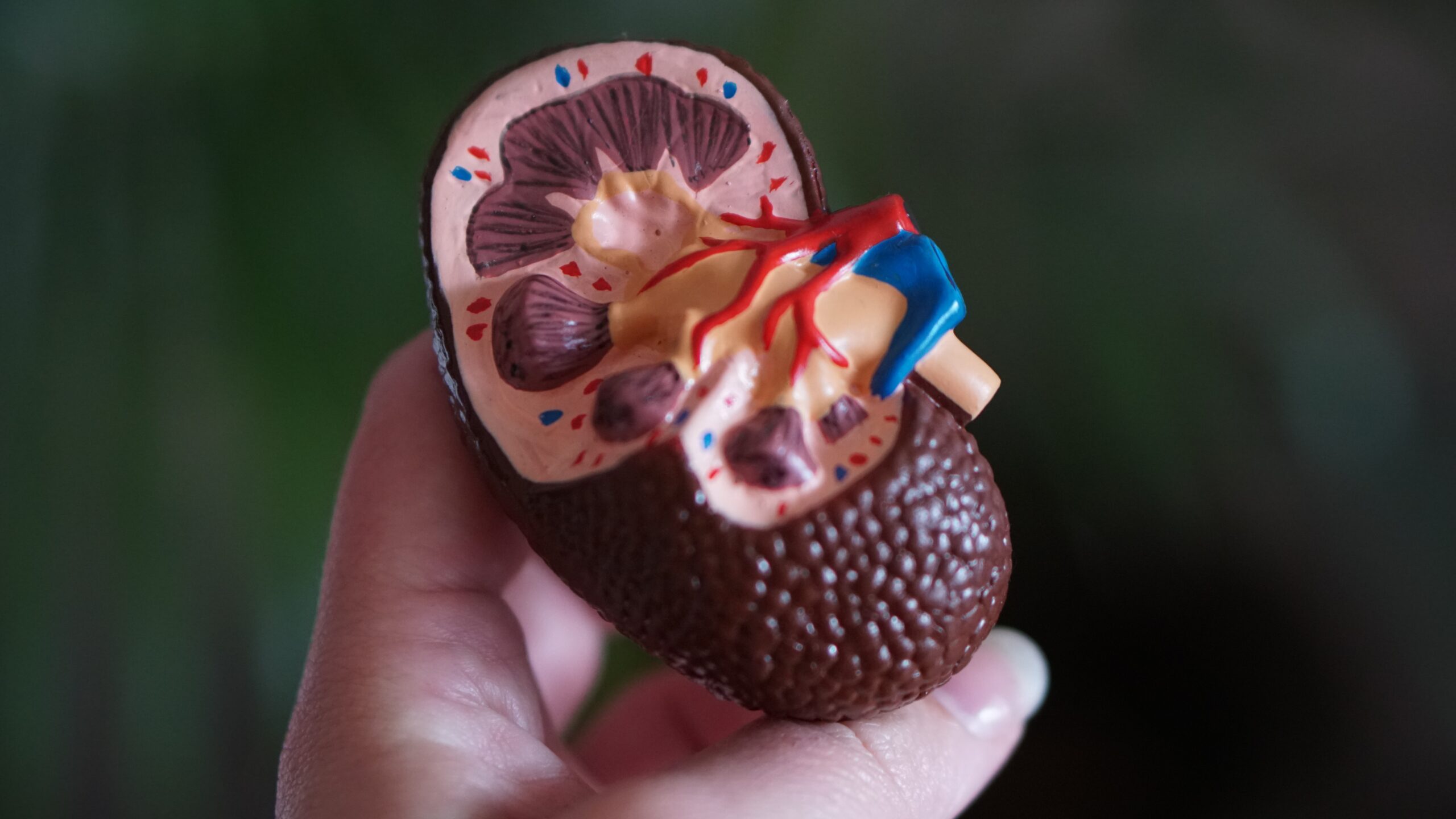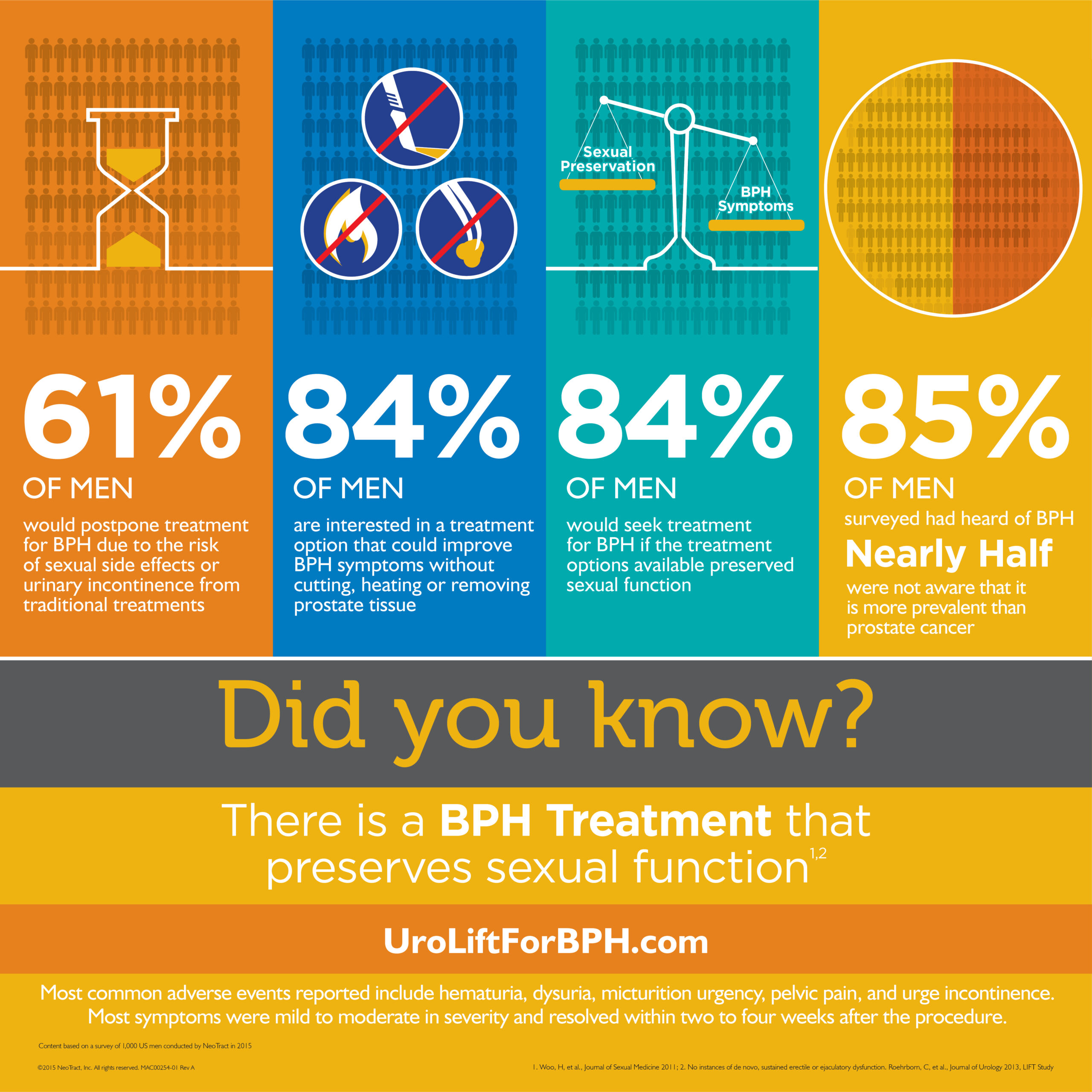It’s normal to feel nervous when visiting your doctor for a check-up, especially when it involves sensitive and intimate areas of your body. Men are especially reluctant to get themselves checked by a doctor because they’re not as used to regular genital examinations as women. However, that’s not to say that women are more comfortable visiting a urologist; whatever your gender may be, it’s normal to feel a slight apprehension – but you don’t need to! Knowing what to ask and do on your first visit will help you come prepared and calm your nerves.
Whether you’ve been referred by your regular doctor to a specialist or you feel that you might have a problem with your urinary system, you may find it useful to ask the right questions. For this reason, we’ve created a list of questions to ask your urologist on your first visit!
When you’ve been referred by your regular doctor to a urologist, there’s a chance that your doctor might have already sent a copy of your medical records to the urologist. However, this does not always happen, so it’s useful to have as much information as possible about your medical history when you visit your urologist. Before your visit, gather information on your medications, medical procedures you’ve had, and medical conditions you already have, if possible. Ask your doctor what information he or she needs, and when you’ve been asked about something sensitive, be honest! However embarrassing your problem may be, you need to tell them the truth. They will only ask because they want to provide an accurate diagnosis and give you the proper treatment, so it’s helpful to be open!
What we eat can have a significant impact on our health, and you might have to avoid some types of food to keep your body healthy. Your body’s nutritional needs change as you age, so you might have to avoid foods that you didn’t need to avoid before. Maybe you also need to consume more of a certain type of food to avoid nutritional deficiencies! It’s important to ask your urologist about what foods you should be avoiding or eating more to keep your urinary system as healthy as possible and avoid ailments such as kidney stones, prostatitis, and sexual problems. Proper diet is highly essential to your health, so make sure to ask your urologist what to avoid or consume more!
Knowing what tests you need is important so you can prepare yourself mentally, physically, and financially. Ask your urologist what tests you need, especially because some tests should be done regularly to ensure that all parts are functioning properly. The specific procedures to be done and how regularly you should visit depends on your urologist, so make sure to ask them about what tests need to be done!
For older men aged 50 or older, prostate problems are something to look out for. If you are concerned about prostate health, especially when you have a family history of prostate problems, it might be helpful to ask about prostate testing or screening. If you are an older man, you might need to undergo a prostate-specific antigen (PSA) or digital rectal examination (DRE) test to detect prostate cancer. For the most part, your urologist will provide you with information on when you need a prostate screening, and what needs to be done.
Your urologist might have already treated the problem you had when you visited, but it’s important to know what you can do to avoid future problems. Asking your urologist what to do to maintain your urological health will help you in the long term, so it’s important to ask for recommendations and guidelines! Other than general health tips such as drinking more water, cutting off the caffeine, or reducing your salt intake, your urologist may give you advice specific to your conditions.
Knowing the right questions to ask your urologist before your appointment will help you stay calm and prepared, not only on your first visit, but also in succeeding appointments. It can also provide you with the things you need to know to keep yourself healthy in the long run!
For the best healthcare experience, visit us at the University Urology Associates of New Jersey (UUANJ). We’ve been serving our clients for more than a decade now, offering the best urologists in the Garden State. Your health matters to us—book an appointment today!
Disclaimer: All content found on the UUANJ.COM Website, including text, images, audio, or other formats were created for informational purposes only.
The content is not intended to be a substitute for professional medical advice, diagnosis, or treatment. Always seek the advice of your physician or other qualified health providers with any questions you may have regarding a medical condition. Never disregard professional medical advice or delay in seeking it because of something you have read on this website. If you think you may have a medical emergency, call your doctor, go to the emergency department, or call 911 immediately.


